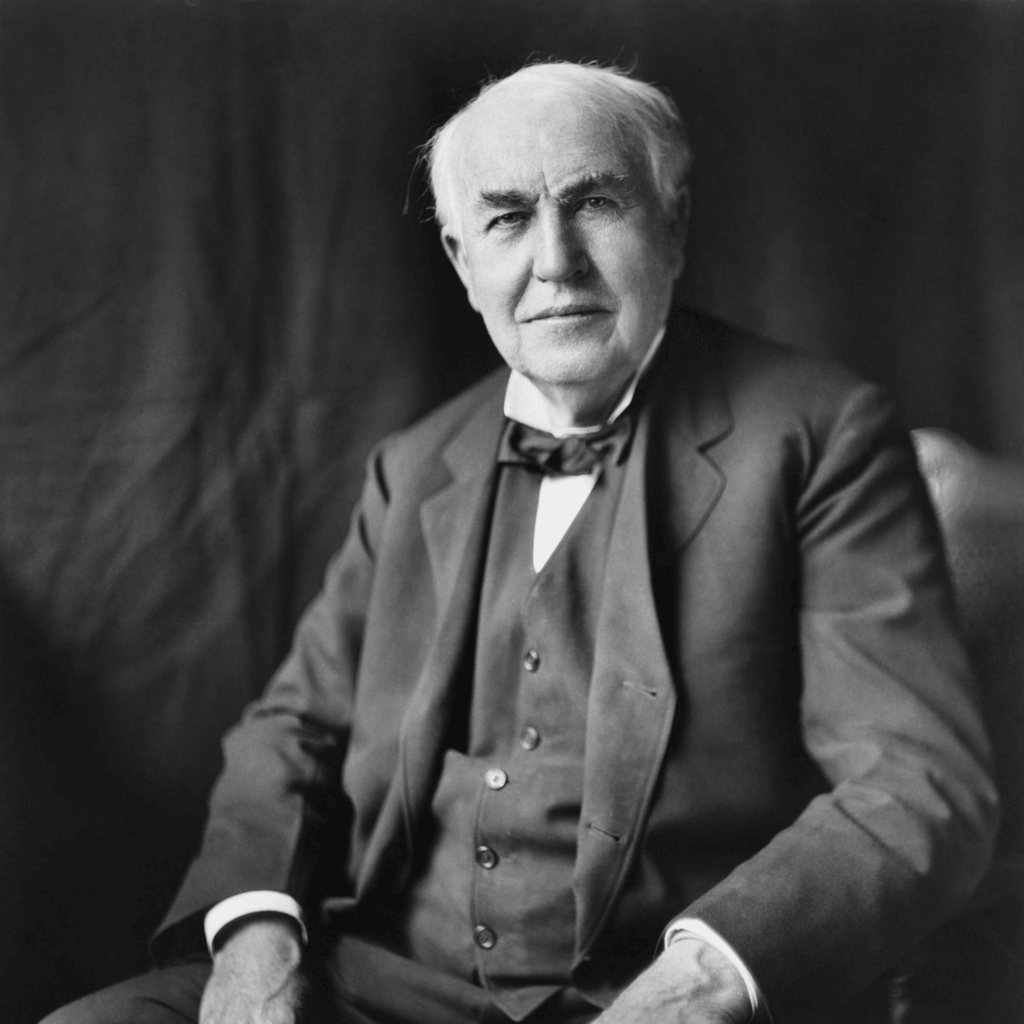
We all carry mental scripts—internal dialogues and narratives that guide how we view ourselves, the world, and our potential. These scripts often originate from childhood experiences, cultural conditioning, or personal failures. While some scripts can inspire and motivate, others limit us, holding us back from achieving the success we deserve.
To rewrite mental scripts for success, you need to identify the unhelpful narratives, challenge their validity, and replace them with empowering ones. This process requires self-awareness, courage, and a commitment to growth. Let’s explore how you can start rewriting your mental scripts to unlock your potential and achieve success.
The Power of Mental Scripts
Mental scripts shape how we approach life. They influence how we interpret events, solve problems, and interact with others.

Dr. Shad Helmstetter, author of What to Say When You Talk to Yourself, emphasizes:
“You are everything that is your thoughts. Your thoughts become your words, and your words become your actions.”
If your scripts are rooted in doubt or fear, they can create a self-fulfilling prophecy of failure. Conversely, positive scripts can propel you toward success.
Identifying Negative Scripts
The first step in rewriting mental scripts is recognizing the ones that no longer serve you. Here are some common negative scripts:

- “I’m not good enough.”
- “I always mess things up.”
- “I’m too old (or young) to succeed.”
- “I don’t have what it takes.”
These scripts often surface in moments of challenge or uncertainty, preventing you from taking risks or pursuing opportunities.
Reflection Exercise:
Take a few minutes to write down recurring thoughts or phrases that come to mind during stressful or disappointing situations. This exercise will help you identify your dominant mental scripts.
The Impact of Negative Scripts
Negative scripts can:
1. Stifle Growth
They keep you confined to your comfort zone, making it difficult to try new things or embrace change.

2. Erode Confidence
Repeatedly telling yourself that you’re not capable can diminish your self-esteem.

3. Create Stress
Negative scripts often fuel anxiety and frustration, leading to burnout or a sense of hopelessness.

Recognizing these impacts is crucial for understanding why rewriting your mental scripts is essential for success.
How to Rewrite Mental Scripts
Here’s a step-by-step guide to transforming your internal dialogue:
1. Challenge the Narrative

Question the validity of your negative scripts. Ask yourself:
- Is this belief true?
- What evidence supports or contradicts it?
- What would I tell a friend who felt this way?
For instance, if your script says, “I’m terrible at public speaking,” recall moments when you communicated effectively or received positive feedback.
Brené Brown, renowned researcher and author, advises:
“Talk to yourself like you would to someone you love.”
This compassionate approach helps dismantle the harshness of negative scripts.
2. Reframe the Script

Replace negative statements with positive or neutral alternatives. This isn’t about ignoring challenges but about reframing your perspective.
- Negative: “I always fail.”
- Reframed: “Every failure teaches me something valuable.”
Reframing shifts your focus from limitations to possibilities.
3. Use Affirmations

Affirmations are powerful tools for rewriting mental scripts. Craft affirmations that resonate with your goals and repeat them daily.
Examples:
- “I am capable and resourceful.”
- “I deserve success and happiness.”
- “I embrace challenges as opportunities for growth.”
Research shows that affirmations can rewire neural pathways, making positive thoughts more automatic over time.
4. Take Action

Mental scripts influence behavior, but action reinforces new scripts. To solidify your rewritten narrative, take steps aligned with it.
Example: If your new script is “I am a confident speaker,” volunteer to present at a meeting or join a public speaking group like Toastmasters.
Each action builds evidence for your new belief, strengthening it.
5. Practice Gratitude

Gratitude shifts your focus from what’s lacking to what’s abundant in your life. This mindset supports positive mental scripts.
Keep a gratitude journal where you note three things you’re thankful for each day. Over time, this practice rewires your brain for positivity and success.
The Science Behind Rewriting Scripts

Rewriting mental scripts is not just a motivational exercise—it’s rooted in neuroscience. The brain has a remarkable ability to rewire itself through neuroplasticity.
Dr. Joe Dispenza, author of Breaking the Habit of Being Yourself, explains:
“When you change your mind, you rewire your brain.”
Each time you challenge a negative thought and replace it with a positive one, you create new neural pathways. Over time, these pathways become stronger, making empowering thoughts your default.
Real-Life Examples
1. Thomas Edison
Edison’s script wasn’t one of failure but perseverance. When asked about his numerous failed attempts at inventing the light bulb, he famously said:
“I have not failed. I’ve just found 10,000 ways that won’t work.”
His narrative of persistence led to groundbreaking success.

2. Serena Williams
Despite facing adversity, Serena Williams consistently reframes her challenges as opportunities. She once stated:
“I don’t like to lose—at anything—yet I’ve grown most not from victories, but setbacks.”
By adopting empowering scripts, Williams has become a symbol of resilience and success.

Daily Practice: Rewriting Your Scripts
Here’s how you can incorporate this practice into your daily life:

1. Morning Reflection
Begin each day by identifying one negative script you want to rewrite.

2. Affirm and Visualize
Use affirmations to reinforce your new script and visualize yourself embodying it.

3. Evening Review
Reflect on moments when the new script influenced your actions. Celebrate your progress, no matter how small.
Success begins with the stories you tell yourself. By rewriting your mental scripts, you reclaim the power to shape your reality.
As motivational speaker Jim Rohn once said:

Every thought you choose, every belief you adopt, and every action you take contributes to your personal and professional growth. Start rewriting your mental scripts today, and watch how your life transforms in ways you never thought possible.
What new story will you write for yourself? Let the first line be, “I am capable of success, and I will make it happen.”





